Faces of Freedom: PFC Kory Wiens and Cooper
Man's Best Friends
Search in Iraq Countryside

Friday, 16 March 2007
By Spc. Laura M. Bigenho
28th Public Affairs Detachment
CAMP VICTORY — They may not carry firearms or communicate as humans do, but specialized search dogs are equipped and trained for battle in ways that make a soldier's job more efficient and the streets of Iraq safer.
SSDs are a unique group of canines "trained for the military operational environment to find firearms, ammunition and explosives during a variety of missions," said 1st Lt. Danielle Roche, 94th Engineer Detachment commander. Roche, SSD supervisor, arrived in Iraq last October and has been working with SSDs for 18 months.
She also said the dogs have become integral members of the team fighting the war on terrorism. Their ability to detect explosives has saved lives and taken countless weapons off Iraq's streets.
"SSDs have excellent mobility and utility over ground not accessible to most mechanical detection tools and are faster than detection sensors or manual probing," Roche added.
Materials commonly found by the dogs include TNT, C4, detonation cord, smokeless powder, mortars, weapons and tools, along with materials containing explosive residue used in IED making. The dogs are the first to deem an area clear of explosives.
Like soldiers, the dogs rely heavily on their battle buddies. An SSD's battle buddy is his trainer, parent and friend. He is the SSD's handler, and their success as a team depends on their ability to work together.
The dogs are fully obedient to their handlers both on and off the leash and under all types of conditions, Roche said. They are steady under gunfire, not distracted by wild or domesticated animals while working, capable of traveling by all types of transportation and react immediately to their handler's commands. Teams are able to search buildings, vehicles roads, open areas, airports, railway stations and household possessions.
"There's really only one limitation," Roche said. "If something happens to the handler, the dog goes back to the states to retrain with another handler."
Pfc. Kory Wiens of the 94th Engineer Detachment has been with his dog, Cooper, for nearly a year. The 20-year-old combat engineer said he's grateful to be a dog handler. When Wiens first met the yellow lab, the pup didn't know simple obedience commands. That's all changed.
"I got to teach him all the things he knows, today," Wiens said. "Seeing him out there working is very rewarding. It's amazing to see how far he's come."
Cooper has become more like a kid than a dog to Wiens. He introduces Cooper to everybody as his son, and said being with him is just like watching a kid grow up.
"It's a lot of fun having him in Iraq," Wiens said. "There's never a dull moment with him."
SSD teams spend 22 weeks training together in the United States and another 30 days getting acclimated and validated in theater. They live together, work together and receive days off. The SSDs are required to have a minimum of six hours rest in every 24-hour period. They work after sunset during the summer months due to extreme weather conditions.
"Dogs needs time to recover, but unlike a soldier, you can't push a dog," Roche said. "If the dog is tired, you need to give him a break."
It is the handler's responsibility to determine if the dog can work and how often he needs a break.
Most of the dogs in Roche's detachment are between two and four years old, which means they are still young and playful. Despite being puppies, they know the difference between work and play, Roche said.
"The harness signifies to the dog that it's time to go to work and search," Roche said. Once the harness goes on and his handler gives proper command, the SSD begins searching. When the dog is "on odor" or has sniffed an explosive scent, he will change his behavior and sit and stare at the source of scent. Once the handler recognizes the signal, the SSD team turns the search over to EOD for clearance procedures.
"We don't clear anything," Wiens said. "We just search then give the search commander our knowledge and recommendations about the area."
"It's just a big game for the dog," Roche said, "but crucial in saving lives. They're just puppies playing around. As long as they have their drive for search and play, they'll work."
"You have to stay motivated and keep yourself in a good mood," Wiens said. "Your main concern is the dog and making sure he does his job so you can do yours."
http://www.mnf-iraq.com/index.php?option=com_content&task=view&id=10636&Itemid=128
Kory and Cooper were killed in an IED explosion.
Their tribute continues below.
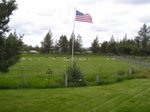


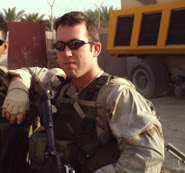










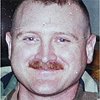


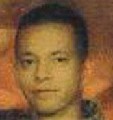









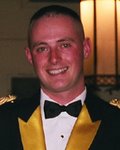






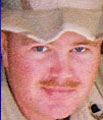
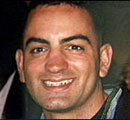




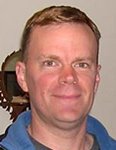
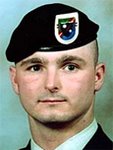




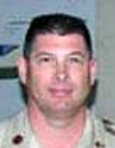
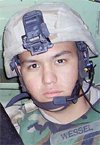
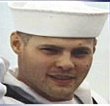
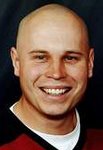
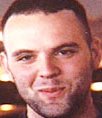
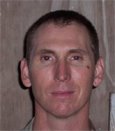


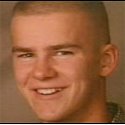
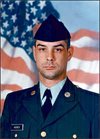


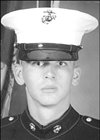
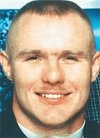
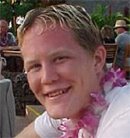

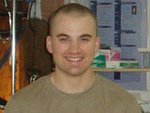

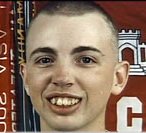


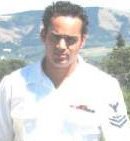

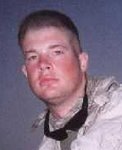
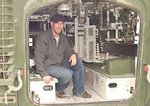
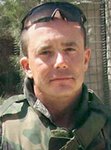

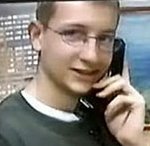

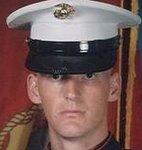
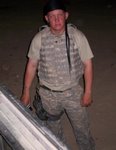
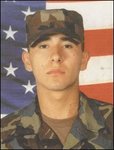
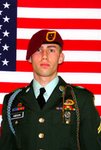

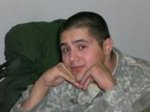
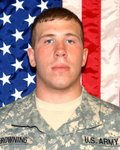





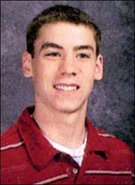
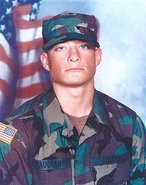
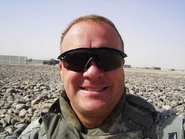
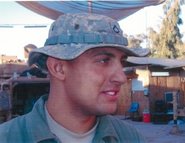
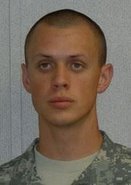
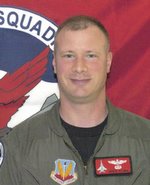
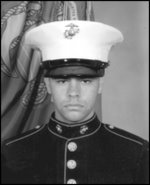
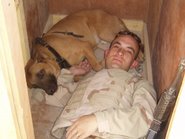
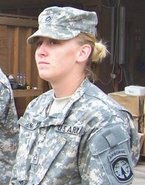
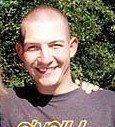
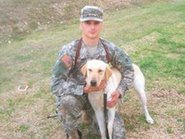

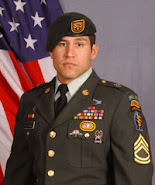

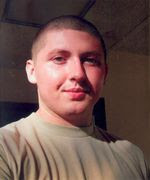



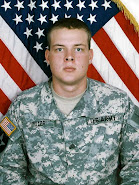
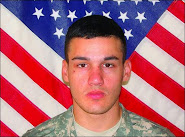



3 comments:
The K9 soldiers are solders too. They have saved a lot of lives. Sorry we had to lose this team.
I had a friend who was a k9 handler and he was lost. I know that he loved his dog also. I am sorry for the loss of this great team. I hope both Kory and Cooper are in a better place together. I am sorry for the families loss. I want to thank the family for the great job there son had done keeping our country and my family safe. thank you
they were attached to my unit when they were lost. They lifted the spirts of all the soldiers they came in contact with. Cooper was a good dog and kory was fearless. we lost another good man with them, PFC Salazar. They paid for out freedoms and there famileys too. Thank you for your service and rest in peace.
Post a Comment